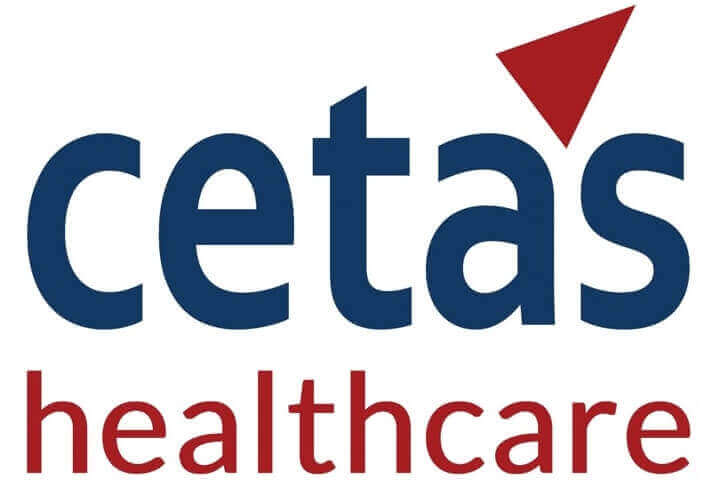X
In the dynamic space of the medical devices world, ensuring their safety and effectiveness post-market is paramount. Post-Market Clinical Follow-Up (PMCF) studies play a pivotal role in this endeavor. Among the various PMCF approaches, retrospective surveys stand out as a powerful tool for gathering high-quality clinical data. In this article, we delve into the significance of retrospective PMCF surveys and how they contribute to elevating the quality of clinical data.
Retrospective PMCF surveys can be a valuable source of high clinical data for several reasons. First, they can be used to collect data from a large number of patients, which can help to improve the accuracy of the data. Second, they can be used to collect data on a wide range of outcomes, including safety, effectiveness, and patient satisfaction. Third, they can be conducted relatively quickly and easily, which can make them a cost-effective option for collecting post-market data.
Retrospective PMCF surveys are a valuable subset of longitudinal observational studies. Unlike prospective studies that are conducted in real-time, retrospective surveys involve the collection of data from past patient experiences. This backward-looking approach holds immense potential for uncovering insights that might otherwise remain hidden.
Retrospective surveys provide a unique lens into real-world patient experiences. They allow us to analyze the device’s performance in diverse scenarios and patient populations, mirroring actual clinical practice.
By accessing historical data, these surveys enable the tracking of patient outcomes and device performance over extended periods. This longitudinal perspective offers a more comprehensive understanding of the device’s long-term impact.
Medical devices can occasionally lead to rare adverse events that might not emerge in controlled trials. Retrospective surveys offer an opportunity to identify and assess these infrequent occurrences, enhancing overall safety assessment.
These surveys tap into existing repositories of patient data, ensuring a substantial volume of information for analysis. This data richness enhances statistical power and enables robust conclusions.
Conducting prospective studies can be resource-intensive and time-consuming. Retrospective surveys, on the other hand, capitalize on existing data sources, saving time and resources.
Ensure the reliability and accuracy of retrospective data by validating sources, addressing data gaps, and applying data cleaning processes.
Adhere to ethical standards when accessing patient data, safeguarding patient privacy and confidentiality.
Define clear objectives and research questions to guide your survey. Select an appropriate sample size and data collection timeframe.
Utilize advanced analytical techniques to extract meaningful insights from the retrospective data. Address potential biases through statistical adjustments.
Document your survey methodology, data sources, and analysis techniques transparently. This enhances the credibility of your findings.
Retrospective PMCF surveys offer a powerful avenue for gathering high-quality clinical data in the post-market phase of medical devices. Their ability to unearth real-world insights, track longitudinal outcomes, and identify rare events is invaluable. By adhering to best practices in data quality, ethical considerations, study design, and analysis, researchers can harness the potential of retrospective surveys to enrich our understanding of medical device performance and patient outcomes. In the pursuit of safer and more effective medical interventions, these surveys stand as a beacon of knowledge in the ever-evolving healthcare landscape.

In the rapidly evolving landscape of medical devices, ensuring patient safety and product effectiveness is of paramount importance. Post-Market Clinical Follow-up (PMCF) surveys have emerged as a powerful tool for gathering real-world data and insights,

We provide the best insights for your business
